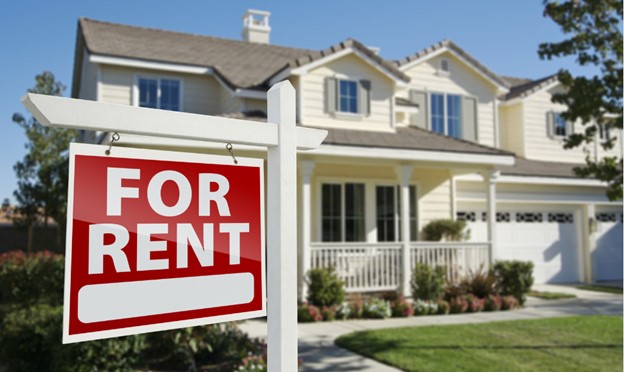What You Need To Know About Your Home Appraisal And Your Mortgage
 When buying a home, there are certain steps a buyer should go through before the home sale is official. First the buyer makes the offer, then the offer is accepted.
When buying a home, there are certain steps a buyer should go through before the home sale is official. First the buyer makes the offer, then the offer is accepted.
Next the buyer schedules the inspection and home appraisal. Finally, everyone is ready for closing.
It’s easy to overlook the impact of some of these steps, but when it comes to a mortgage, the home appraisal is actually quite important. Banks want to see that they are lending money for an investment that is worthwhile, so that appraisal is a crucial step to getting financing. Here is what buyers need to know about how the appraisal could affect their mortgages.
Understanding The Home Appraisal Process
The home appraisal gives a home valuation expert the chance to evaluate the home a buyer’s considering to determine its market value. Home appraisers are highly trained, state-licensed professionals that know how to evaluate homes and assign value to them.
The appraiser will use various approaches to determine the final appraised value. The appraisal typically happens after an offer on the home was approved but before the lender loans the money.
The Appraisal And Mortgage Approval
The appraisal is one factor that a mortgage lender considers when deciding whether or not to approve a final loan request. Even if a borrower had preapproval, a low appraisal could cause the mortgage to fall through.
Why is this? A lender only wants to lend enough to cover what the home’s actual value, and if the appraisal comes in lower than what the borrower is asking for, the lender can deny the loan.
If the lender does not deny the loan completely, they may refuse to lend more than the home’s value. In order to buy the home at the agreed price, the buyer may need to come up with the difference in cash at closing.
What Can Buyers Do If The Appraisal Is Low?
If an appraisal comes in low on the home someone wishes to buy, the buyer shouldn’t panic. It is possible to get a new appraisal at a higher value.
First, consider the condition of the home. Did the seller let some things fall into disrepair? If the seller fixes those items, a new appraisal may be higher.
Does the home look rundown or cluttered? This shouldn’t affect the appraisal, but it can sometimes cause the appraiser to trend lower. Sometimes, simply asking for a second opinion might get a slightly different appraised value. That said, if the appraisal is low, make sure to evaluate the purchase price. Is it in line with current market conditions and the overall condition of the home?
If the answer to that question is no, then the offer may be too much for the home. The appraisal, in this case, gives the buyer the opportunity to reevaluate the purchase decision.
When it comes to mortgage approval, the appraisal is one of the critical steps in the process. If a buyer has shopped wisely, the home should pass with flying colors, and soon the home sale process will be over. As always, your trusted mortgage professional is the best resource for appraisal information in your local market.
 It is not uncommon for renters to pay more in rent than their landlord’s mortgage payment. This is because landlords are typically looking to make a profit on their rental properties, and they will often set their rent prices based on market rates rather than the cost of their mortgage.
It is not uncommon for renters to pay more in rent than their landlord’s mortgage payment. This is because landlords are typically looking to make a profit on their rental properties, and they will often set their rent prices based on market rates rather than the cost of their mortgage. Last week’s economic reporting included readings from S&P Case-Shiller Home Price Indices on home prices, reports on U.S. jobs growth, and the national unemployment rate. Weekly readings on mortgage rates and jobless claims were also released.
Last week’s economic reporting included readings from S&P Case-Shiller Home Price Indices on home prices, reports on U.S. jobs growth, and the national unemployment rate. Weekly readings on mortgage rates and jobless claims were also released.